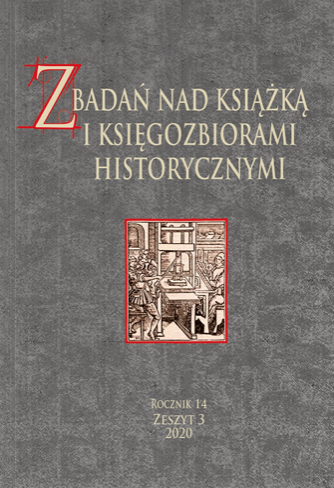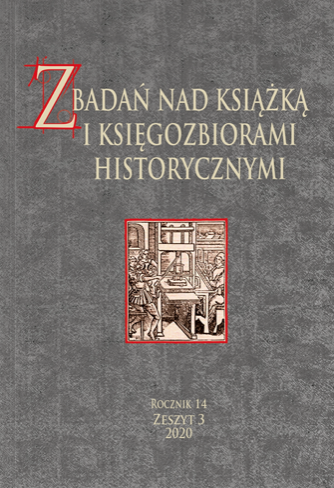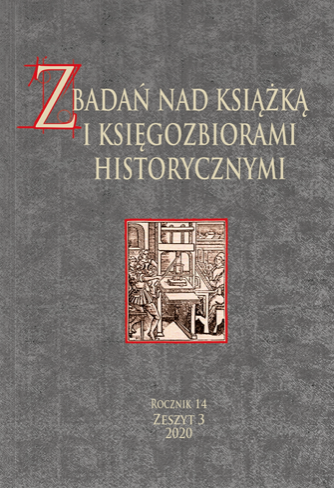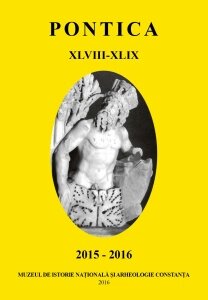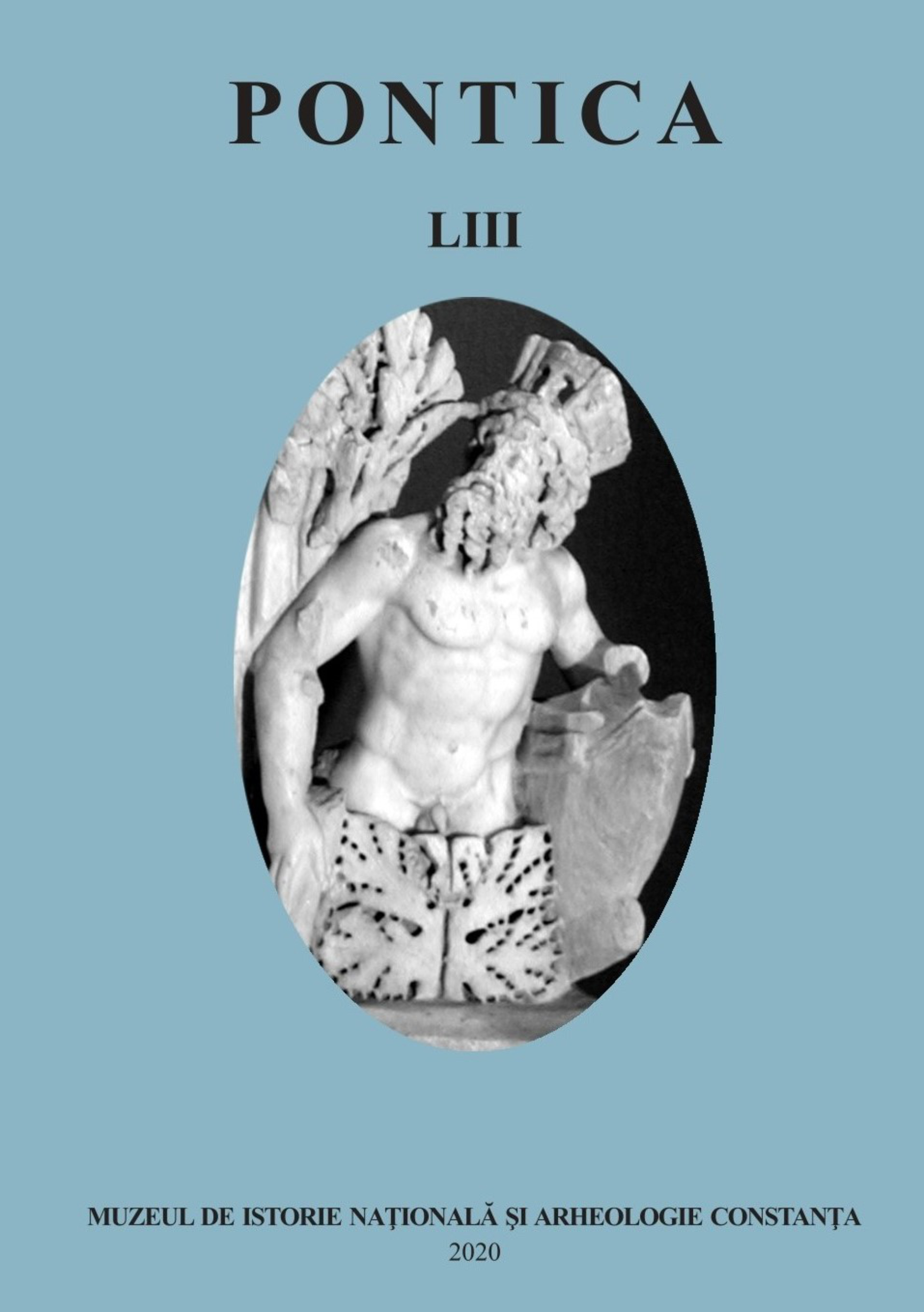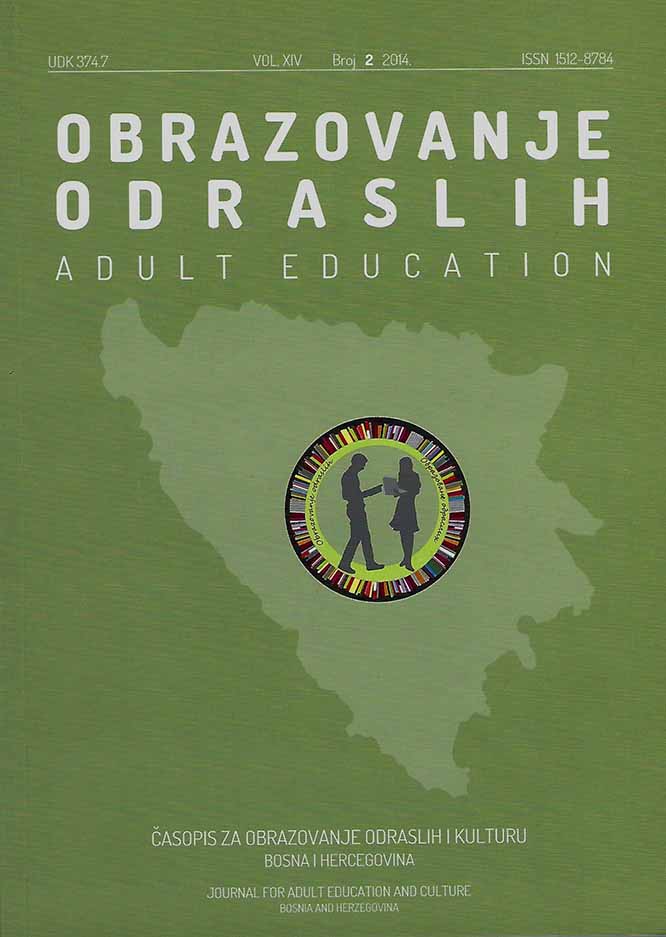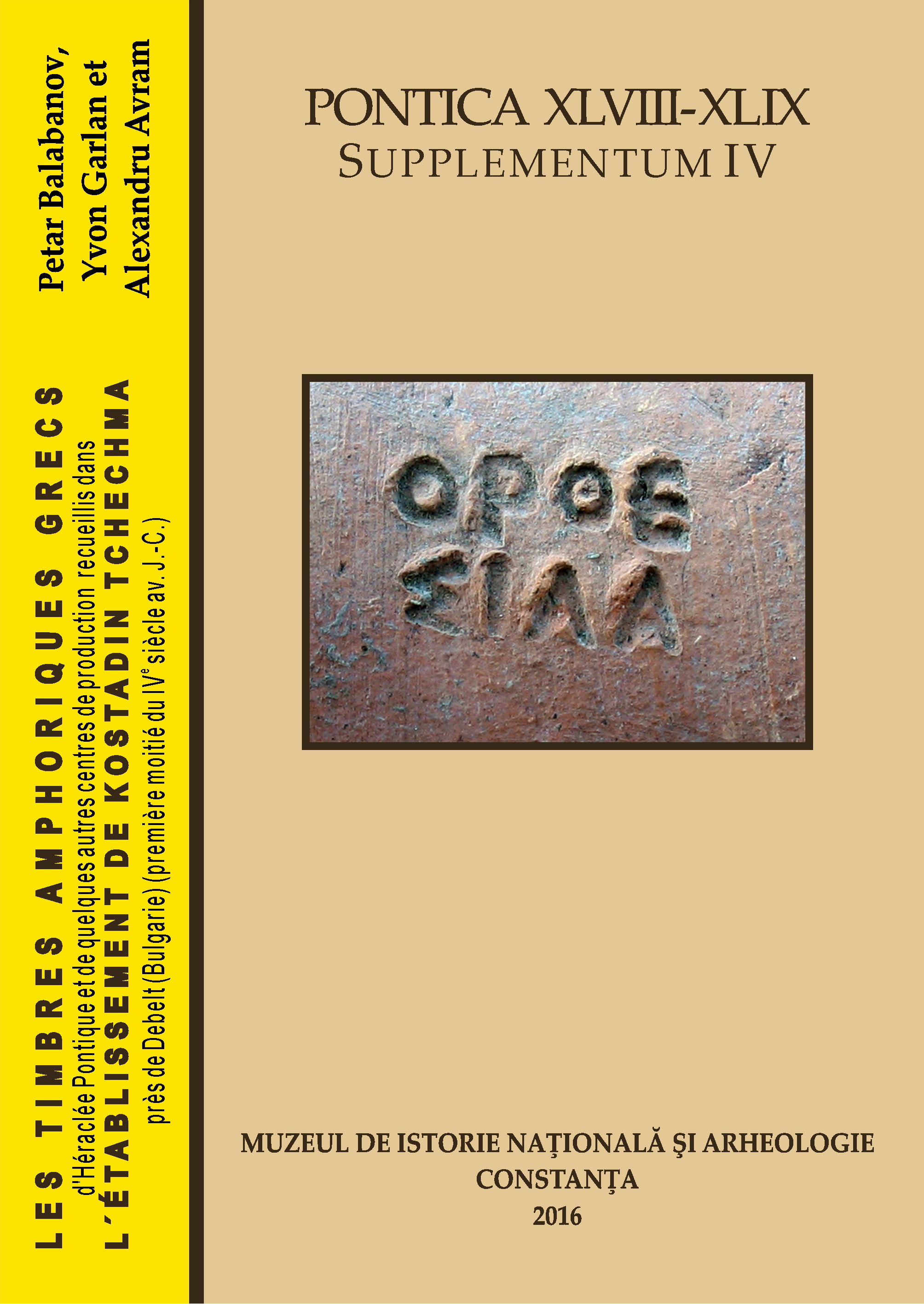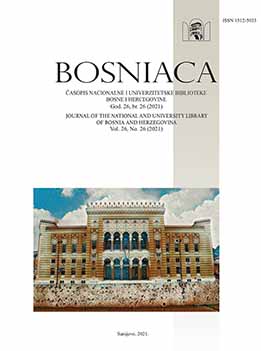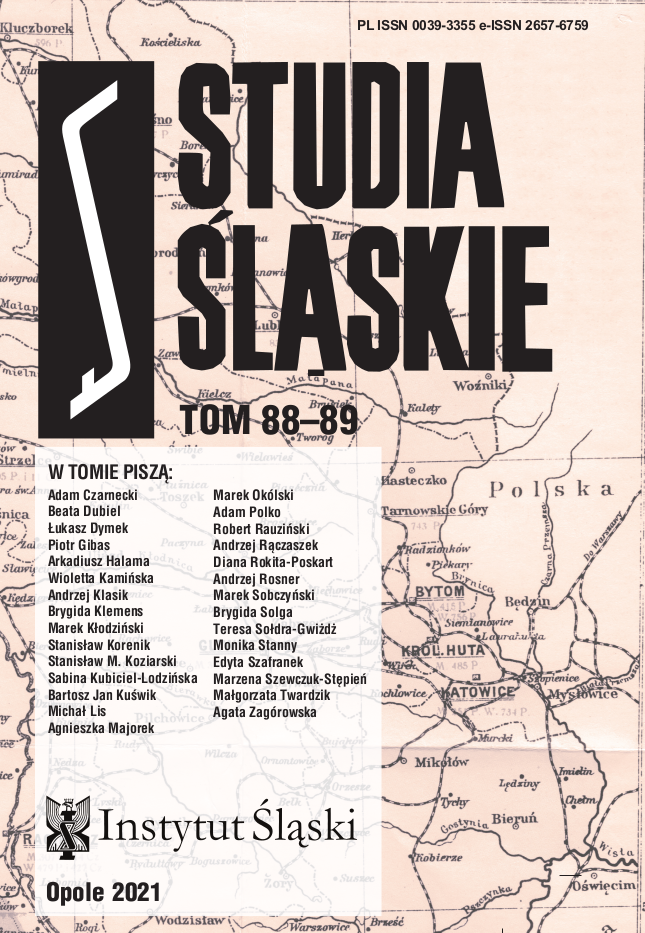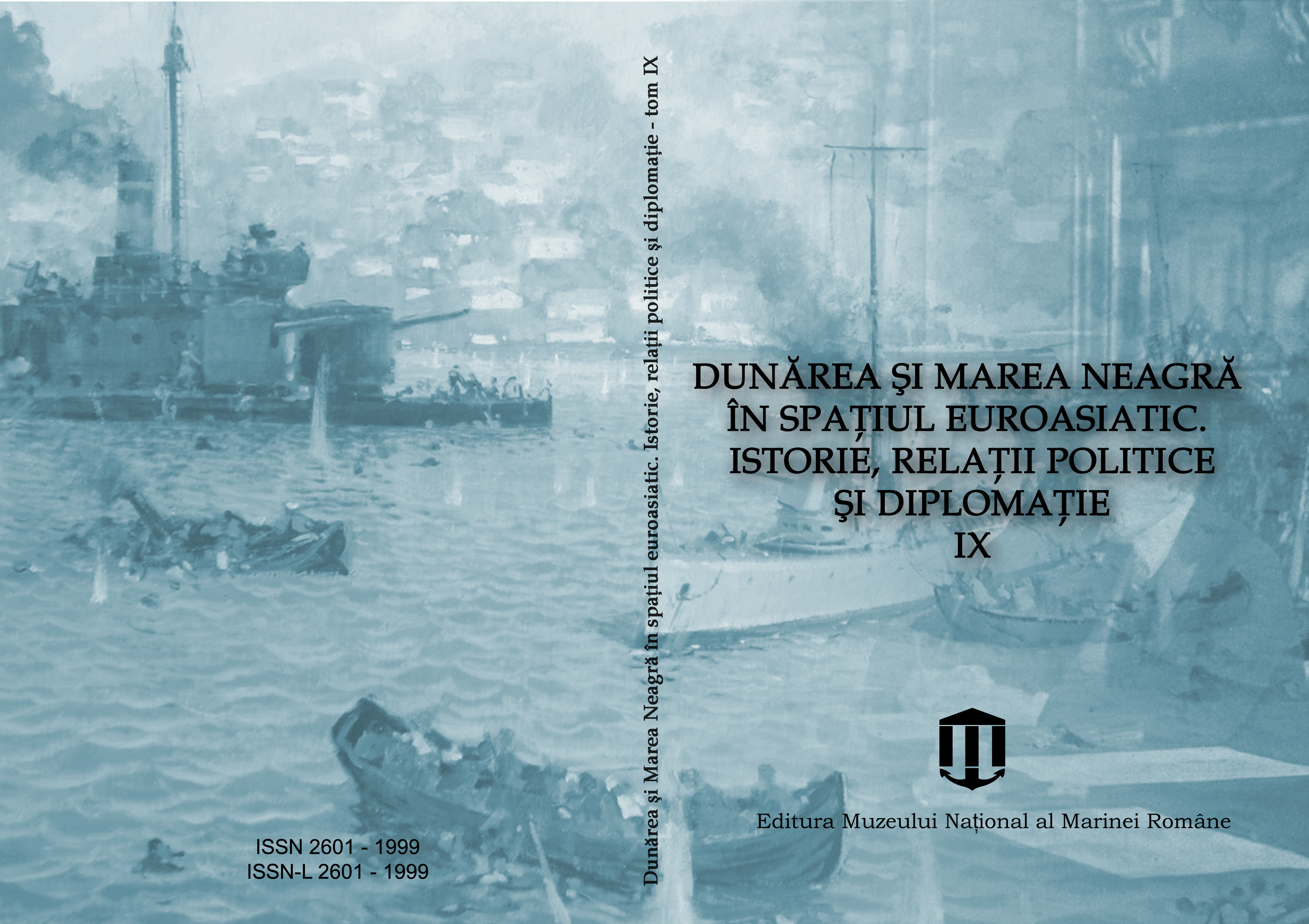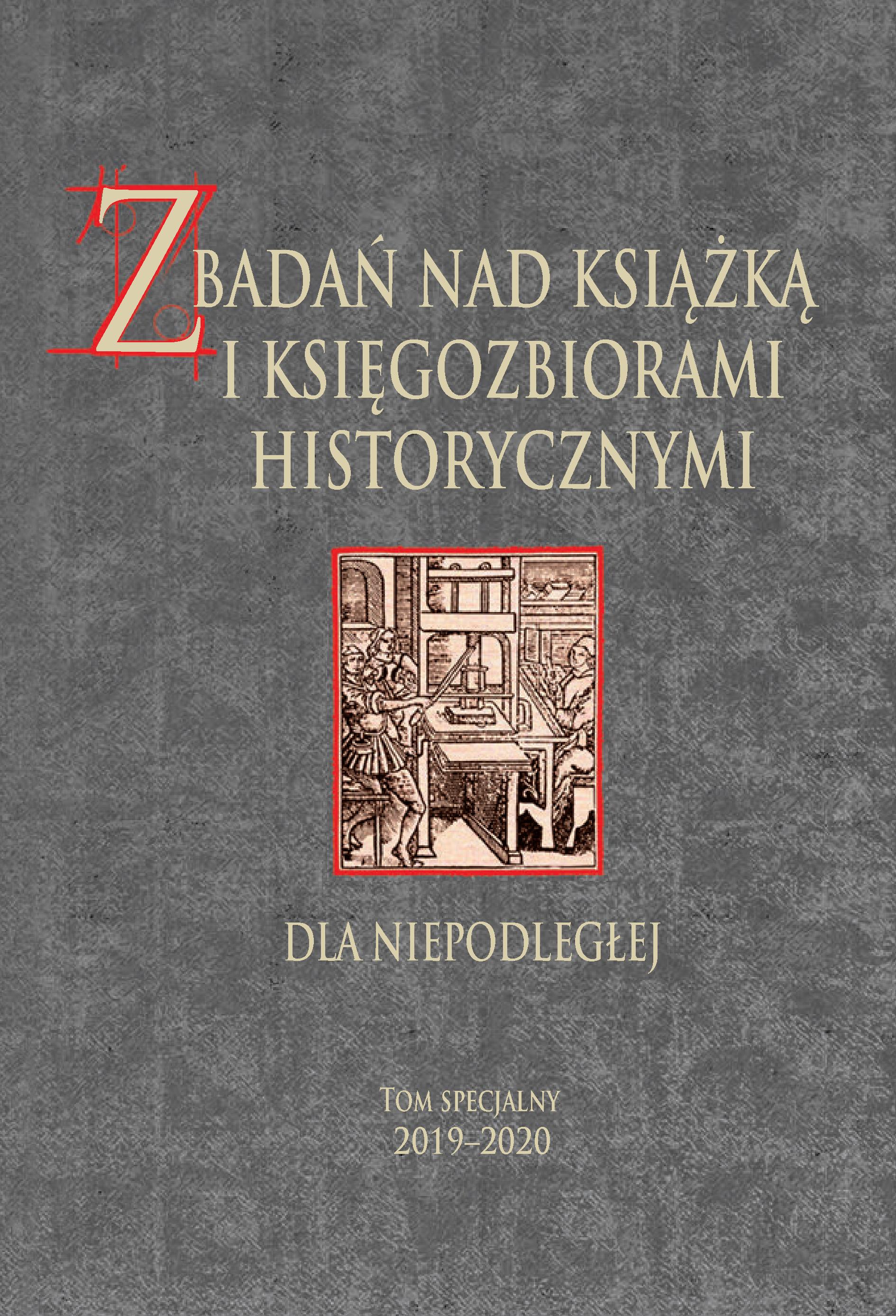
Kształtowanie tożsamości polskiej w okresie zaborów oraz umacnianie świadomości narodowej w okresie II Rzeczypospolitej na przykładzie Towarzystwa Czytelni Ludowych w powiecie tucholskim
The Society of People’s Readings established in 1880 had a great influence on shaping the national consciousness of Poles living under the occupation. The main aim of the society was to be realized through the creation of a library network in the areas of the Prussian partition. People who lead the library of the Society of People’s Readings should not only share books, but above all, broaden the horizons of people from the lower social layer. That is why popular science meetings, reading meetings, evening parties and folk rallies were organized. In the Tuchola County in 1914 there were 12 libraries with 728 books in their collections. In 1921, the Tuchola district committee, consisting of 14 libraries, was one of the most energetic in the Pomeranian Voivodship.
More...
